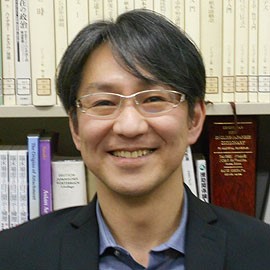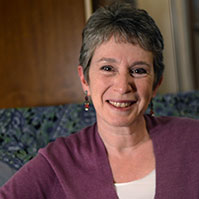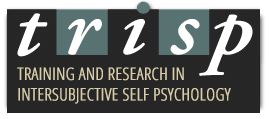The twinship and alter-ego experiences, among the most significant concepts of Heinz Kohut’s Psychology of the Self, were referred to interchangeably throughout his work. Both are defined as “an experience of essential alikeness” and/or “a sense of being human among humans.” However, the two terms are not necessarily the same. Twinship, which emphasizes the word twin, focuses on the relationship between two people who are seen as being alike, while alter-ego, the etymology of which is “alter idem” in Latin, implies a person can love another as he or she does him or herself (Togashi, 2019). Kohut neither acknowledged their different meanings nor did he explain how they related to each other. Why did he imply that the terms are the same? In what sense did he consider them the same under the definition of a sense of being human among humans? In this presentation, I attempt to clarify these questions by referring to the concept of the player-witness in the traumatized world, “Tojisha” in Japanese, which, I believe, emerges where the twinship experience and the alter-ego experience come into contact with each other. The player-witness is not a person who simply witnesses an event, but a person who knows that, under other circumstances, he or she could have taken any role, in that event or any other. I discuss how this concept represents the essential sense of being human among humans.
Two Continuing Education Credits for NYS social workers, psychoanalysts, and psychologists.

Koichi Togashi
Koichi Togashi, Ph.D., L.P., is a certified clinical psychologist in Japan and a licensed psychoanalyst in the State of New York. He is a member of the faculty, and training & supervising analyst at TRISP, New York, and a professor at Konan University, Kobe, Japan. He is a member of the Council of the International Association of Psychoanalytic Self Psychology, and an international editor of Psychoanalysis, Self and Context, an editor of Psychoanalytic inquiry. He is also a member of the Executive Board of the Japan Psycho-Analytical Association, and an editor of The Japanese Journal of Psycho-Analysis. He has published numerous books and articles in Intersubjectivity and Contemporary Self Psychology in the US, Japan, and Taiwan. He co-authored the book, “Kohut’s Twinship across Cultures: The Psychology of Being Human” from Routledge in 2015, and won the Gradiva Award in 2020 for his new book, “The Psychoanalytic Zero: A Decolonizing Study of Therapeutic Dialogues.

Aviva Rohde
Aviva Rohde, PhD, LP, is a graduate of TRISP where she is a senior faculty member. She is in private practice in New York City where she sees adults, adolescents, and couples. She is a supervisor at TRISP and NIP. In addition she is a co-author of Intersubjective Self Psychology: A Primer.

 Find Us on Facebook
Find Us on Facebook